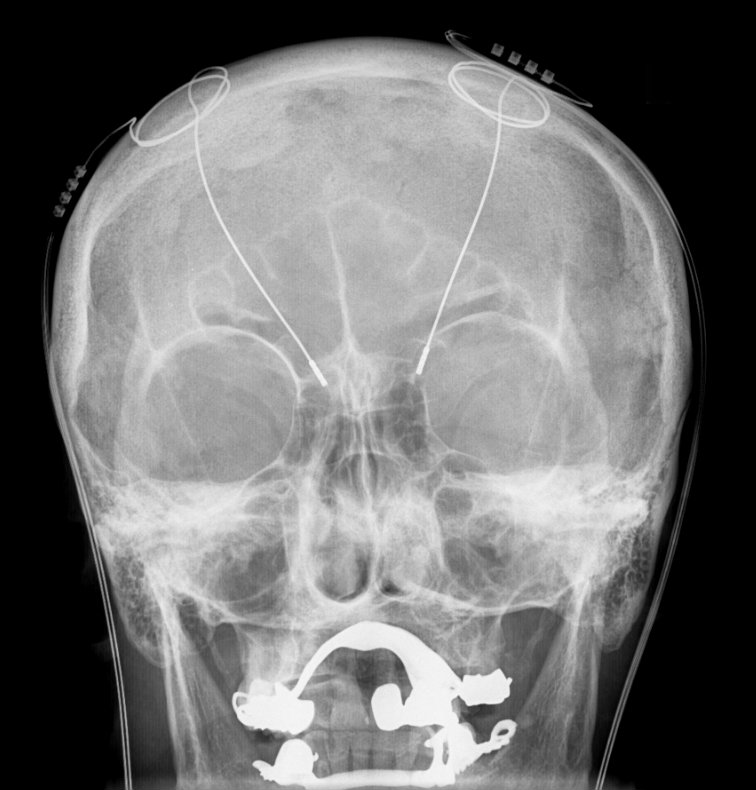Discovery reveals brain chemicals working to influence social behaviour

Deep brain stimulation (DBS) is a neurosurgical procedure involving the placement of a medical device called a neurostimulator. —
Image by Hellerhoff, via Wikipedia (CC BY-SA 3.0)
In a new study, scientists have delved into the world of chemical neuromodulators actions in the human brain. The research has specifically looked at dopamine and serotonin with the aim of revealing their role in social behaviour.
The research was conducted in Parkinson’s disease patients undergoing brain surgery while awake. The findings homed in on the brain’s substantia nigra, an important area associated with motor control and reward processing.
The research was led by Virginia Tech computational neuroscientist Read Montague. This revealed a previously unknown neurochemical mechanism for a well-known human tendency to make decisions based on social context. This relates to a series of electrical and chemical events.
With the research, four patients receiving deep brain stimulation surgery for Parkinson’s disease were immersed in the “take it or leave it” ultimatum game, a scenario in which they had to accept or reject varying splits of $20 from both human and computer players. Carbon-fibre electrodes were implanted in patients receiving Deep Brain Stimulation surgery and helped collect the data at the Mount Sinai Health System in New York.
For example, one player may propose to keep $16, whereas the patient gets the remaining $4. If the patient rejects the split, then neither of them receives anything.
This showed that when people know they are playing a computer, they tend to play perfectly, just like mathematical economists. In other words, they generally do what they should do. However, when they are playing a human being, they are often driven to punish the smaller bid by rejecting it.
The idea that people make decisions based on social context is not a new one in neural economic games. Yet for first time, researchers have shown the impact of the social context may arise from the dynamic interactions of dopamine and serotonin.
Notably, when people make decisions, dopamine seems to closely follow and react to whether the current offer is better or worse than the previous one, as if it were a continuous tracking system. Dopamine levels are higher when people interact with another human as opposed to a computer.
Serotonin, meanwhile, appears to focus only on the current value of the specific offer at hand, suggesting a more case-by-case evaluation.
Together, these signals contribute to our brain’s overall assessment of value during social interactions.
At some point, after they have evaluated enough people, the researchers hope to be able to address Parkinson’s disease pathology. In Parkinson’s disease, a significant loss of dopamine-producing neurons in the brainstem is a key characteristic that usually coincides with the onset of symptoms.
The research appears in the journal Nature Human Behaviour, titled “Dopamine and serotonin in human substantia nigra track social context and value signals during economic exchange.”
Discovery reveals brain chemicals working to influence social behaviour
#Discovery #reveals #brain #chemicals #working #influence #social #behaviour





